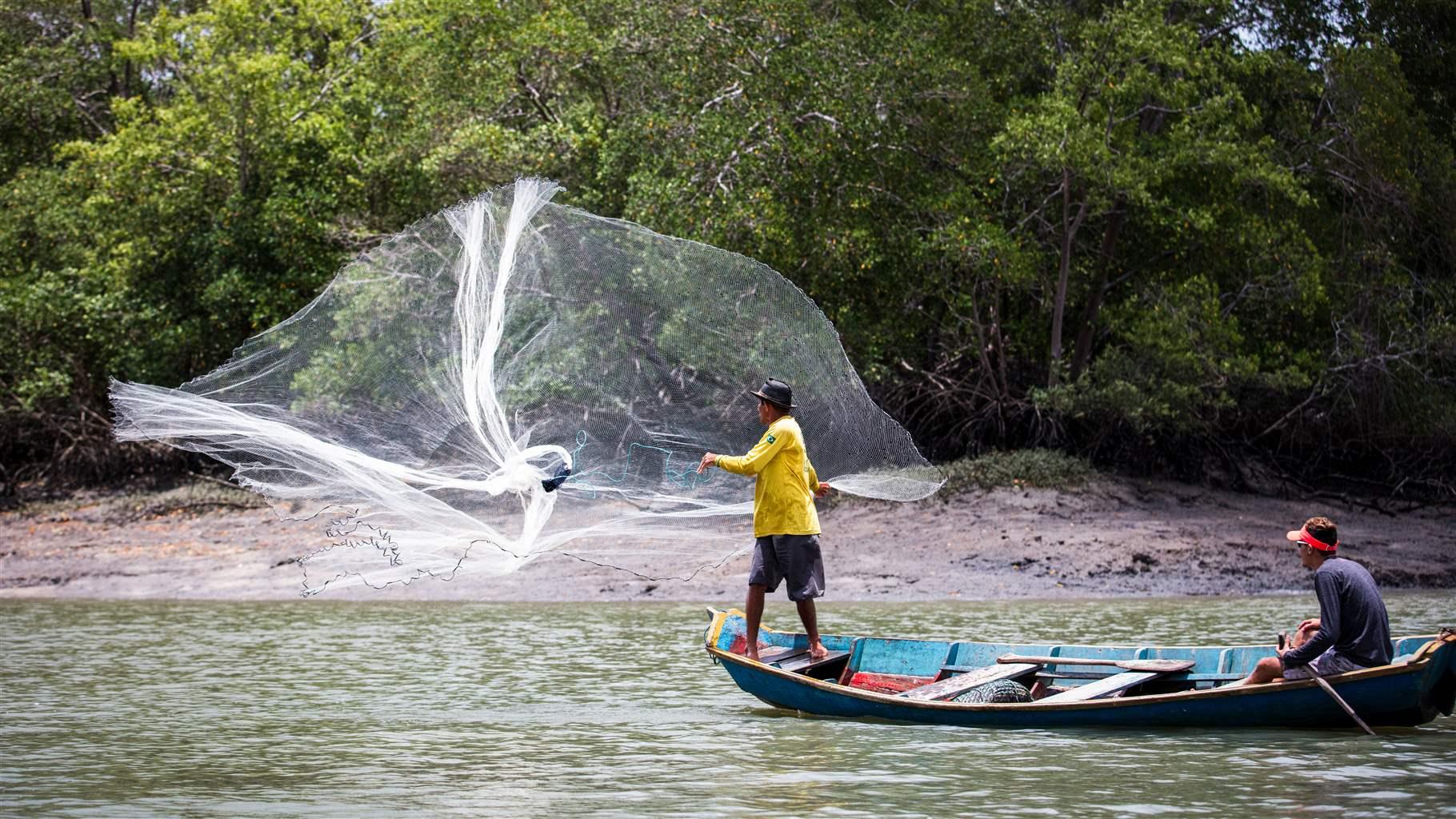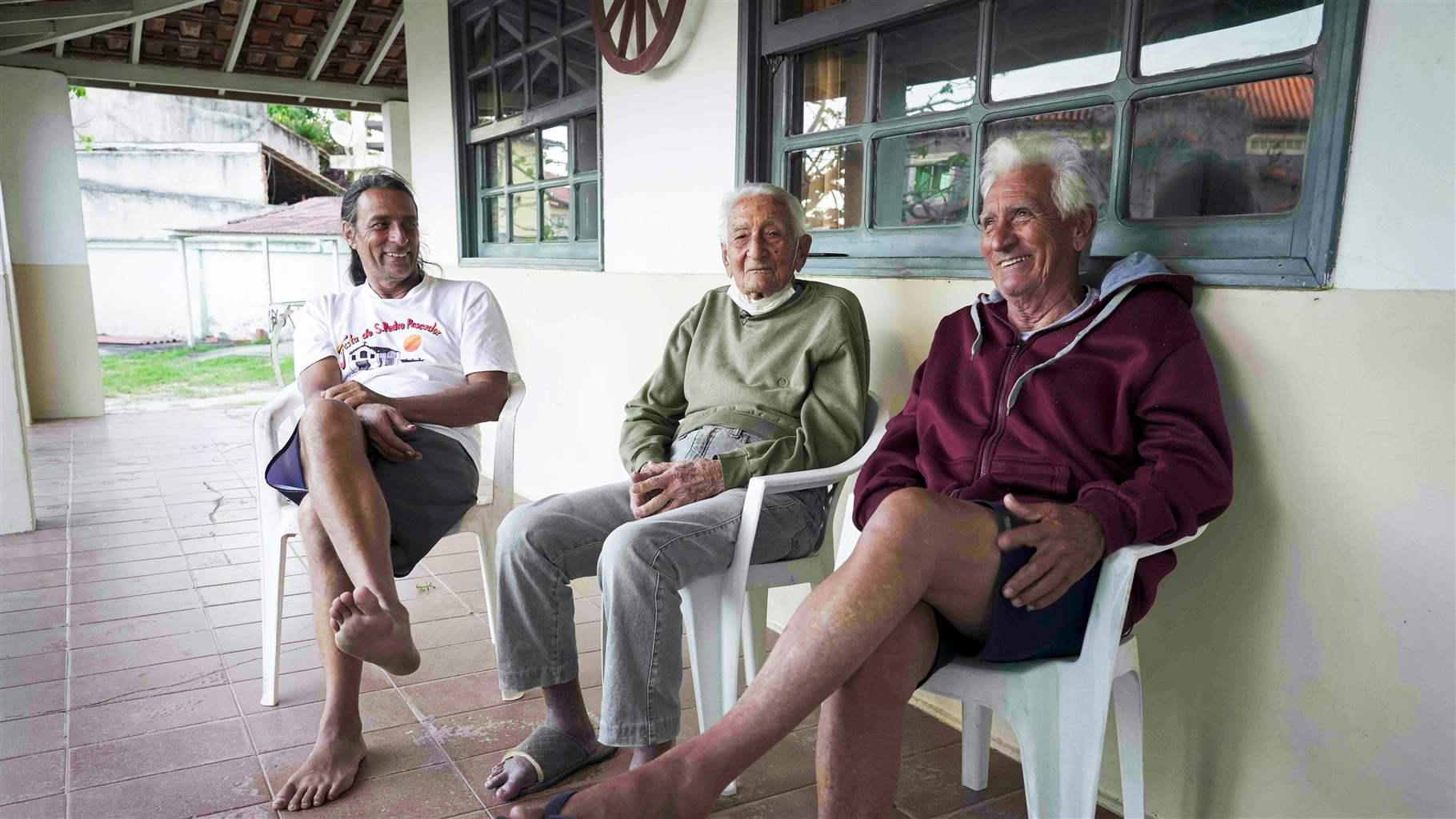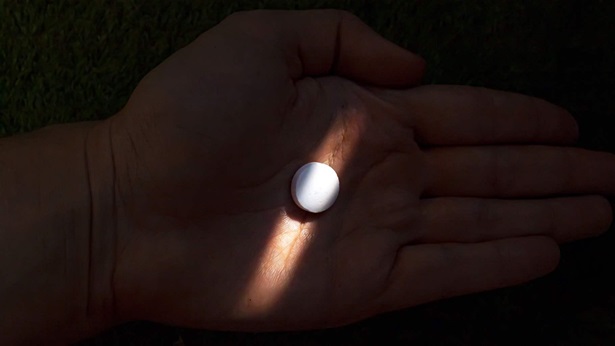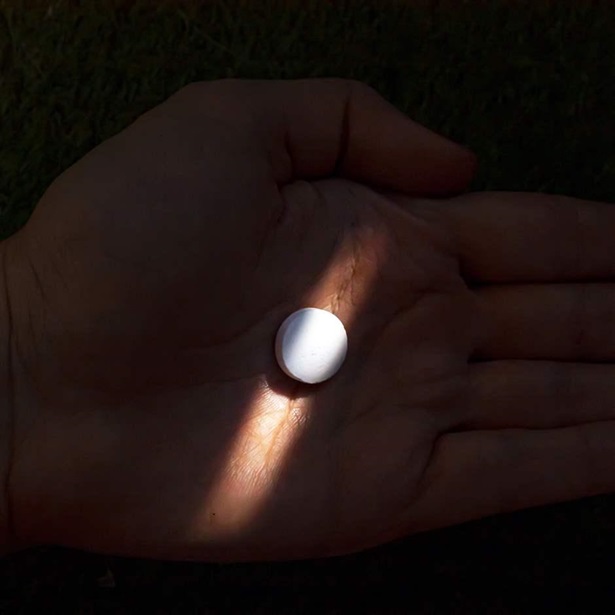Fishers’ Knowledge Can Help Communities and Governments Conserve Tropical Fisheries
Study shows memories of catches are nearly as accurate as recorded data

A new study shows that the human memory is surprisingly accurate in reconstructing past fish catches. The research, led by 2017 Pew marine fellow Leandro Castello and conducted in Brazil, demonstrates that leveraging fishers’ memories to reconstruct past harvests can be nearly as reliable as conventional monitoring data—providing a new option for managing fisheries in data-scarce environments.
This is important because communities and local governments need reliable information about the health of their fish populations to effectively manage artisanal fisheries—information that too often is missing. Without such data, fishers may unknowingly contribute to the overexploitation of fish populations.
Castello and his co-authors set out to understand whether harvest recalls, or harvests remembered by fishers long after they occurred, could be used to reliably construct historical time series. They interviewed nearly 400 fishers from 24 coastal fisheries in Brazil about their past harvests (measured in kilograms of fish) as well as how much time they spent fishing. They compared fishers’ recalls against data documented in the past using standardized monitoring methods (e.g., logbooks, interviews) from more than 640,000 fishing trips.
They then used a mathematical model to assess the accuracy of recalled harvests, as well as the impact of the fishers’ ages on their memories and the number of elapsed years since the recalled events.
They found that fishers’ memories of typical harvests varied widely but in general matched average harvests documented in the past. In fact, when averaged across a fishery, the fishers’ remembered catches produced estimates that were only slightly smaller than the documented data. Perhaps unsurprisingly, they found that harvests recalled from the more distant past were less accurate—with recalled catches tending to increase in magnitude.
The age of the fishers was also found to influence recall accuracy, with older fishers being more likely to underestimate harvest size than were younger fishers. However, in the case of fishers’ memories of typical catches, these influences of age and time were relatively small. Further, the researchers developed a method for filtering results to minimize the impact of those two factors.
Castello says the study results demonstrate that recall-based approaches provide a reliable way to gather urgently needed information and inform management decision-making in data-scarce areas at a fraction of the cost of conventional monitoring methods.
“Since recalls constitute one of the few sources of information that are relatively reliable and readily available, we suggest managers can use fisher recalls to inform conservation action, at least until better-quality data become available,” Castello said. He added that the direct engagement of resource users in the interview-based approach provides another potential conservation benefit.
“Local knowledge differs from equivalent scientific information in that it is often better understood and hence more trusted by users, which can help to promote rule compliance and participation in conservation,” Castello said.
Additional information about the approach is available on Castello’s website, which he hopes will help small-scale fishers in Brazil and globally to better understand and manage their local resources.
Nate Fedrizzi works on the Pew fellows program in marine conservation.













